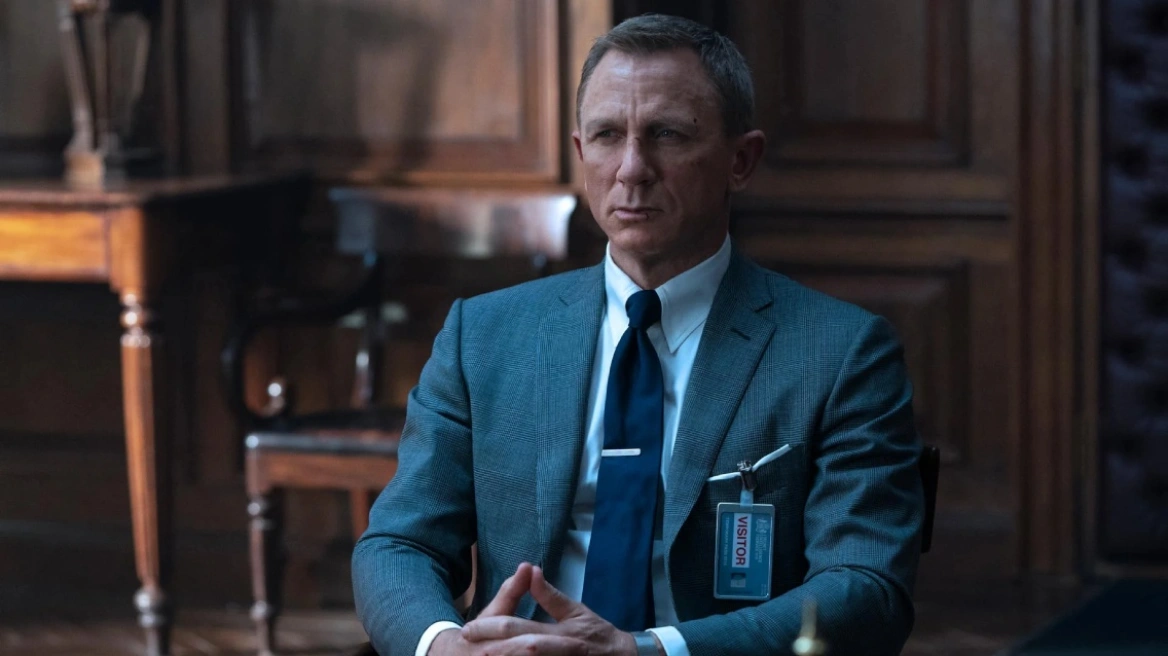Cyprus must become a normal state again, the President Nicos Anastasiades has said, adding that he is confident that everyone, should critical times follow, will join forces to address the situation.
Addressing the 19th World Conference of the World Federation of Overseas Cypriots (POMAK), the International Coordinating Committee – Justice for Cyprus (PSEKA) and the World Conference of Young Overseas Cypriots (NEPOMAK), in Nicosia on Monday night, Anastasiades said: “Cyprus must at long last become a normal state again, without any interventions by third parties”.
He pointed out that Greek Cypriots and Turkish Cypriots can live together and can create together, provided neither the first nor the second become springboards at the service of third parties.
“Each will respect his own national identity and his own traditions – they will be Greek Cypriots and Turkish Cypriots but above all they will have one single homeland, Cyprus,” he stressed.
If Greek Cypriots and Turkish Cypriots decide to serve Cyprus, then, he said, “we can live together, and perhaps some provisions which relate to sensitive issues could surely become acceptable – as nobody can forget – sensitivities which gradually, if everybody is interested in Cyprus, will be overcome.”
The President thanked the Cypriots living abroad for their continuous efforts and assured them that the state and the political leadership will continue to support them in every way possible in the efforts they are making to help them become more effective.
“I would like you to know one thing: at critical times for our country, just as you do, so do we join forces and I trust that everybody, without exception, will do just that if critical times lie ahead, if the need arises,” he added, according to a Cyprus News Agency (CNA) report.
Anastasiades referred in particular to the younger generation, which he described as “the future of our Diaspora,” and promised them that the government will support them in their actions, in educational matters as well as in the initiatives they undertake.
He also talked about joint strategies with Greece, and other friendly countries such as Israel and Armenia.
Anastasiades said all the governments of the Republic, all his predecessors, had tried to rid the country of Turkey’s occupation and anachronistic systems.
The President referred extensively to what happened during the most recent UN-facilitated negotiations in early July, in Crans Montana, saying that he submitted proposals to address to a large extent the concerns of the Turkish Cypriots without ignoring those of the Greek Cypriots. These proposals, he explained were, subject to the abolition of the rights of guarantee and the right to unilateral intervention, in addition to the need for the withdrawal of the Turkish occupation army within a certain timeframe.
He said that, during the negotiations, Turkey let it be understood that it would show flexibility within the parameters set out by the UN Secretary General with respect to intervention rights and abolishing the right of guarantee.
However, when the Secretary General Antonio Guterres suggested that Turkey was ready to relinquish its intervention and guarantee rights and that he could put this in writing, Turkish Foreign Minister reacted and talked about “a Greek Cypriot dream”, when asked whether this would apply on day one of a political settlement, CNA reported.
“It was not possible for our proposal to be accepted,” Anastasiades said, adding that the worst thing was that Ankara insisted on a permanent presence of occupation troops in a Turkish base in the northern Turkish Cypriot constituent state of a future federal Cyprus.
“I wonder who would have backed a proposed solution or how would anybody suggest that the people of Cyprus could accept a solution that includes the following: maintaining the Treaty of Guarantees and the unilateral right of Turkey’s intervention for 15 or 10 years without a sunset clause but a review clause; establishing a military base in the Turkish Cypriot constituent state in perpetuity with nearly 2,000 Turkish soldiers on the pretext of protecting the State of Cyprus from foreign threats. I would ask you: who is threatening Cyprus?” the President said.
He wondered whether Germany, the USA or the UK would ever want Turkish guarantees, asking “why should Cyprus would want Turkey’s guarantees”, especially since Turkey is the power that invaded Cyprus in 1974.
Anastasiades expressed the view that the Turkish Cypriots are more at risk of being annihilated and becoming subject, against their will by virtue of demographic changes and the presence of the Turkish military, to decisions which do not concern them but serve third parties.
“Our joint goal is to see Cyprus again a normal state, away from any intervention from third parties,” he concluded.
Ask me anything
Explore related questions





